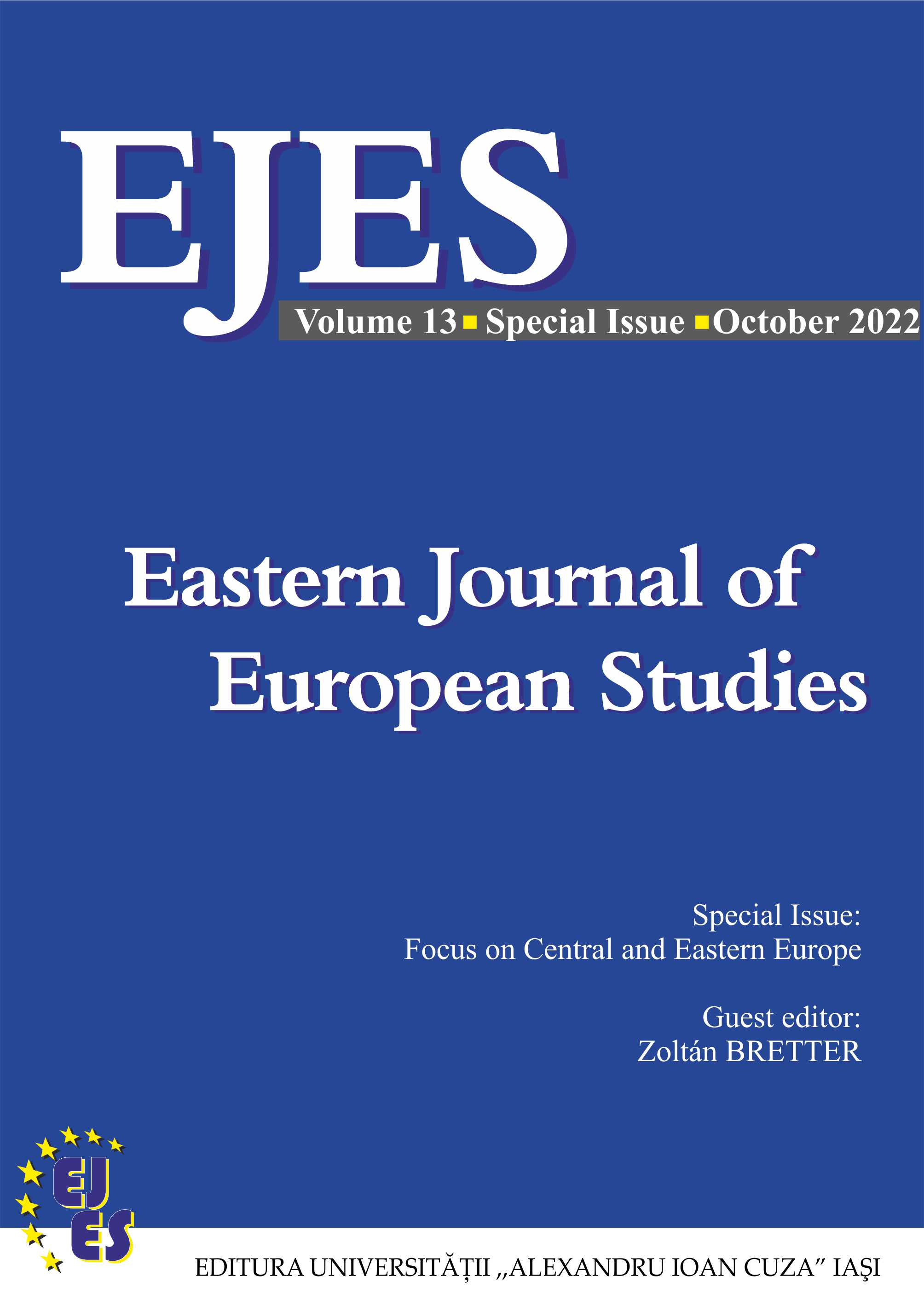Legal and practical conditions of the functioning of the civil society organizations in Hungary and Poland
Legal and practical conditions of the functioning of the civil society organizations in Hungary and Poland
Author(s): László Kákai, Agnieszka BejmaSubject(s): Law, Constitution, Jurisprudence, Civil Society, Politics and society, EU-Legislation, Comparative Law, Administrative Law
Published by: Editura Universităţii »Alexandru Ioan Cuza« din Iaşi
Keywords: civil society; non-profit sector; Poland and Hungary;
Summary/Abstract: The initial democratic transitions in Central and Eastern Europe resulted in the emergence of re-combined civil societies across the region. The most important were the quality of democracy in individual countries, the resources and strength of independent civic initiatives, the role of the state in financing and supporting emerging civil sectors. Yet, it is the consensus view, that all post-communist countries share weak and structurally deficient civil societies, in fact, correct? This study introduces the way Central and Eastern Europe tackled the state socialist past through the example of Hungary and Poland. The hypothesis that will be verified in the article is that actions taken by the Hungarian and Polish governments lead to increased control and public power over the activities of civil organizations, which limits their development and functioning. Has the civil society been able to form an independent entity within the once politicized state in terms of organization, embeddedness, and national economic importance?
Journal: Eastern Journal of European Studies
- Issue Year: 13/2022
- Issue No: SI
- Page Range: 120-140
- Page Count: 21
- Language: English

